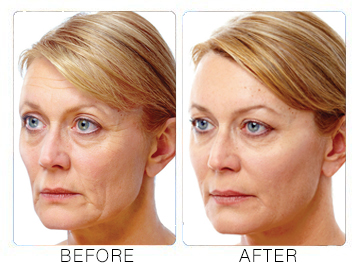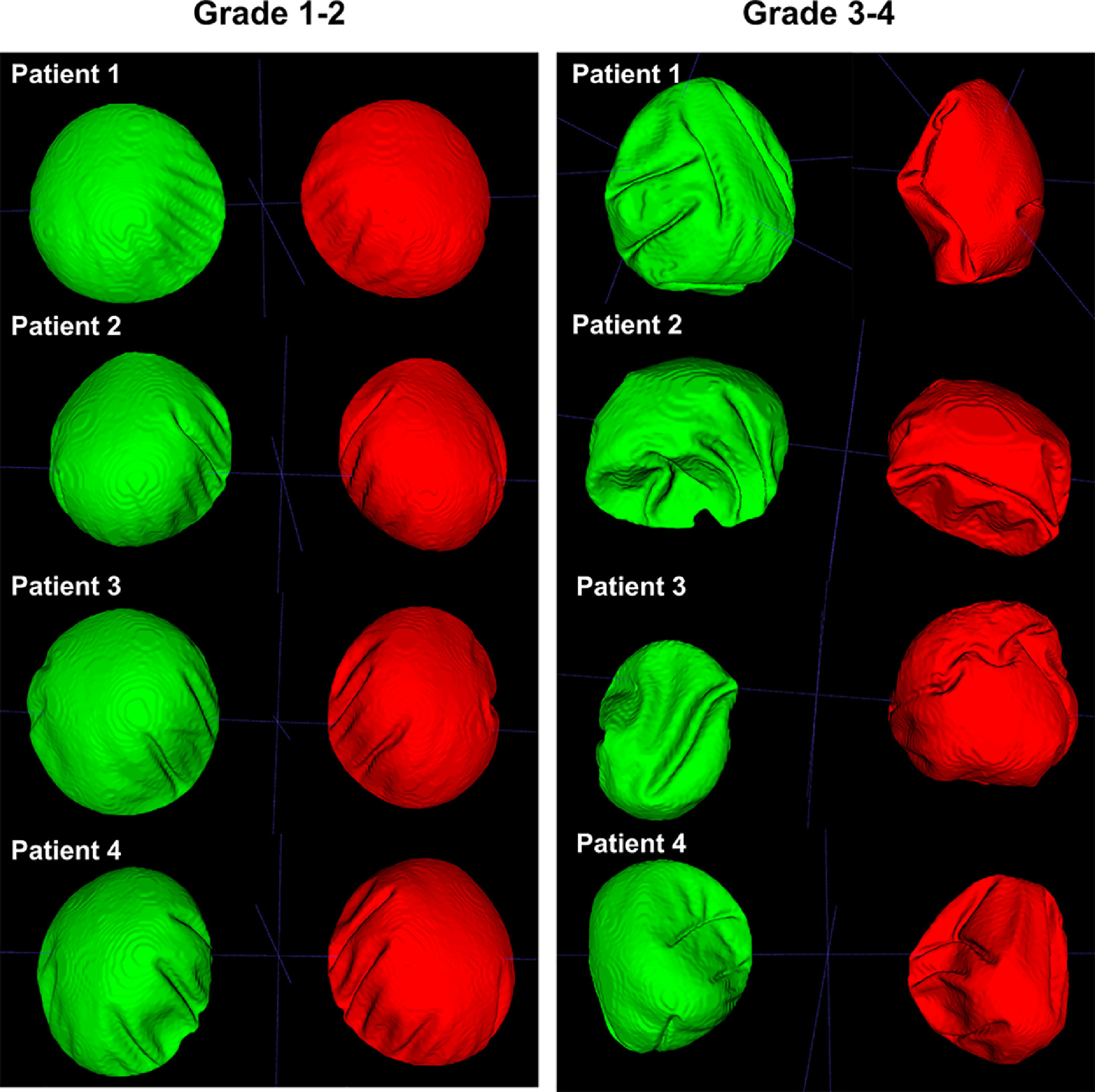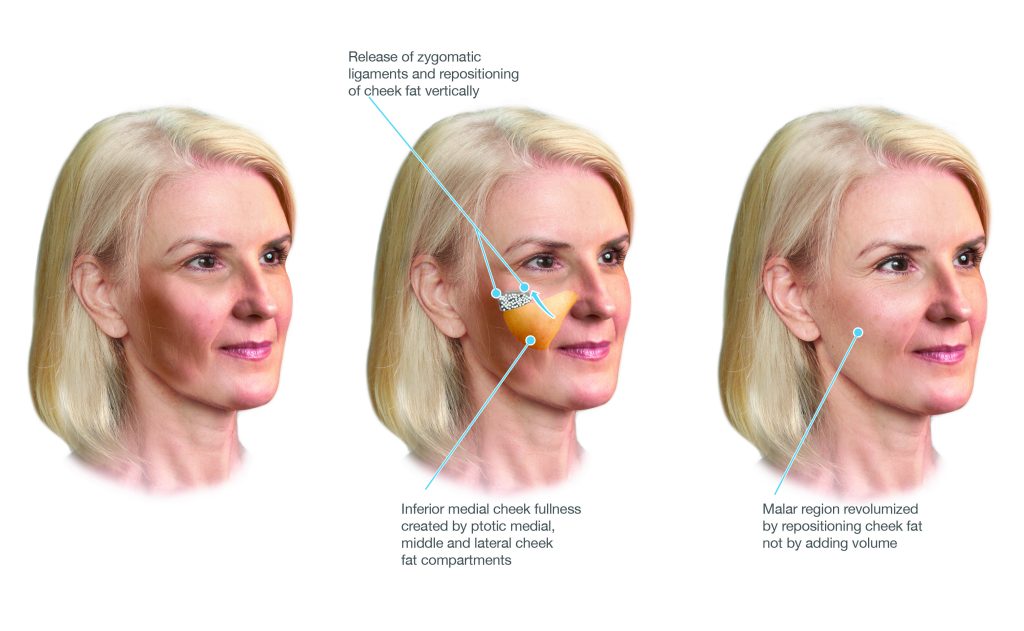
There are many treatments available for deviated septum. You have two options. One is to undergo surgery. The other is to choose a more conservative approach. Before you decide to have surgery, be sure to read the pros and cons of each procedure. In some cases you might need additional types of repairs like a new septum.
Treatment options
A deviated septum can make it difficult to breathe. However, there are several treatment options available for this condition. These treatments can ease the symptoms of sinusitis and stuffy nasal passages. They also delay surgery. Decongestants are medications that reduce nasal swelling. They can be taken by mouth or applied to the nasal cavity with a nasal spray.
If it isn't severe enough to cause any long-term complications, a deviated septum can usually be treated without surgery. However, if it gets so severe that it interferes with breathing, surgical intervention is required. If non-surgical treatment fails, ENT doctors (also known as otolaryngologists) will often recommend surgery.
There are many surgical options
There are many surgical options that can correct a deviated nasal septum. These options can improve your breathing and reduce nasal congestion. A valve repair or turbinate removal are some options. Surgery can be performed to remove or improve your sinus function. If you are considering surgery, you should know the risks and benefits of this procedure.

Although surgical procedures won't fix every deviated Septum, they may help if it is causing breathing problems or chronic congestion. A deviated nasal septum can make the nose look more crooked, and may cause you to feel self-conscious. Surgery such as septoplasty can straighten and correct nasal structural abnormalities. Patients can return home the same day and without any bruising or scarring.
Complications after surgery
Sinus infections can be caused by a deviated septum. These infections can cause inflammation and irritation of the nasal passages. They can also lead to infections in the eyes or brain. If they are not treated, they can spread into brain tissue, leading to seizures and brain damage. Sometimes, surgery is required to correct the septum deviation.
A deviated septum can cause complications. While the risks are low, long-term complications can occur. These symptoms include bleeding or pain, as well infection. A neurologist may be needed to assist with any complications.
Allergy treatment
A doctor diagnoses deviated septum by looking at the symptoms, as well as a physical examination of your nose and sinuses. A doctor will ask detailed questions about the symptoms and the patient's lifestyle to help determine the underlying cause of the symptoms. The doctor may also order a CT scan to examine the sinuses in order to determine the severity.
Patients may be able to reduce their symptoms by using allergy treatment for deviated sinusum. It can reduce swelling and alleviate congestion. But it will not resolve the underlying issue.

Alternatives to Surgery
Although surgery is the most popular way to correct a septum defect, there are other options. The best minimally invasive option to traditional surgery is endoscopic septoplasty. Endoscopic septoplasty provides excellent visualization of bone, cartilage, and allows the surgeon to focus on the specific deformity.
The surgery corrects the deviated nasal septum by straightening it, then reinserting into the nose. The surgeon may need to cut and then re-insert the septum in order to achieve the proper alignment. The result is better airflow through your nose. But patients should be aware that the results of this surgery may not be permanent, and other conditions may make the condition worse.